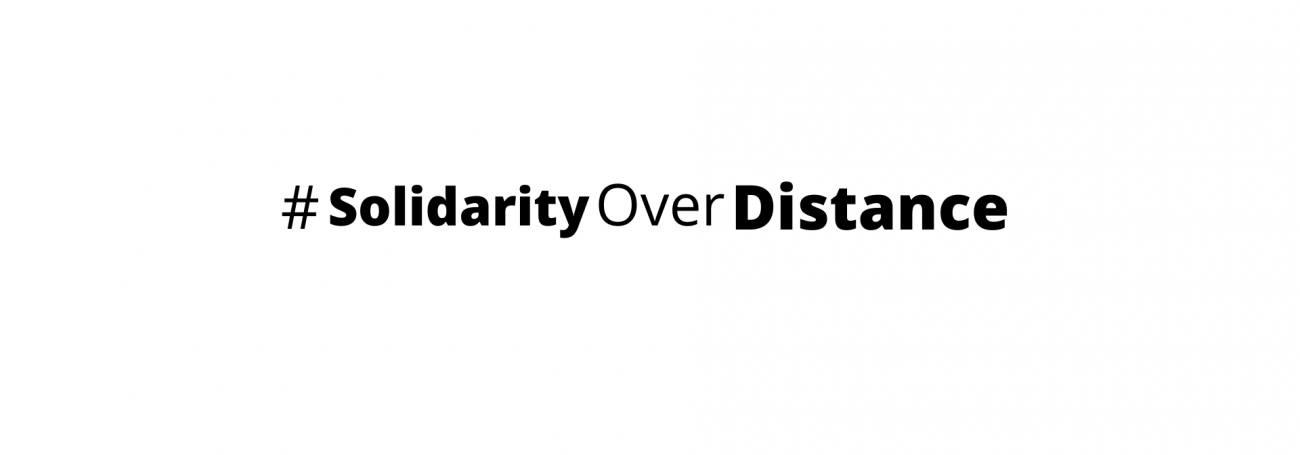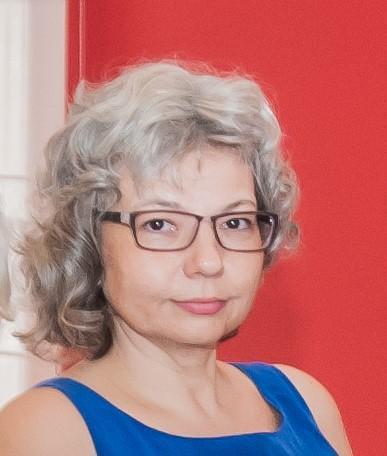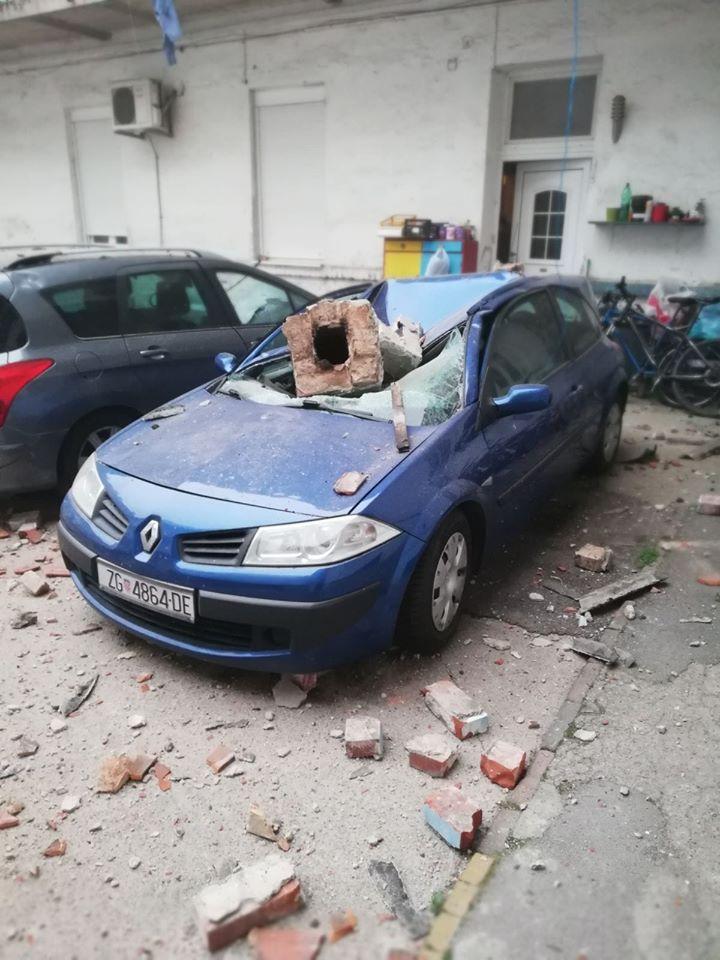What is the impact of current crisis on ongoing processes within the country?
I believe that this crisis makes bad governance and good governance more obvious to those affected by good or bad decisions of political elites, and I wonder whether the increased awareness of the consequences of those decisions will show effect on the parliamentary elections in six months. I will give just two examples, very visible and felt by many Croatians on their own skin.
Scope and type of earthquake damages show that most of the renovations in the city centre were aiming to make the town more attractive to tourists, while the infrastructure and safety were neglected. I hope the citizens will recognise it as bad local governance and act accordingly on the next local elections.
A positive example is Croatian crisis headquarter, a body composed mostly of experts and, to lesser extent, of officials in charge for the relevant fields. In my opinion, they are handling the situation extremely well. Their communication is regular, transparent, calm and is easily understood by non-experts. They keep stressing the fact that all decisions, e.g. on testing, on closure of public spaces, on travel ban, have been made on the basis of expert opinion, and I am pretty happy with that. Contrary to the usual Croatian ways, the headquarter is composed of experts from different fields, instead of politically appointed people whose only quality is that they are well connected. In other, non-life threatening situations, I might question whether this approach is elitist, and non-inclusive, but in this particular case of epidemic, I am happy to hand over the power to make decisions to epidemiologists. I just read that the University of Oxford ranked Croatia at the top of the list of severity of measures undertaken, and I rarely hear anybody complaining. There are reports of individual incidents of people not respecting distances or lying to medical staff about their contacts, but most of the people are behaving responsibly and follow the instructions.
I am not happy with the other political processes, primarily with the attempts of the ruling party to use this emergency as an excuse to dismantle some of the democratic institutions and legal provisions. These attempts have so far been unsuccessful, but I am still worried about it. I am also concerned about the capacity of the government to confront economic crises that has already begun. Just in two weeks, tens of thousands of people have lost their jobs, and the stakeholders from small businesses to biggest employers agree that there are no adequate measures to mitigate the consequences. I fear what does it mean for the whole society in the following months and years.
I am also very worried about the social services, especially those supporting the weak and the socially excluded. Online education is bringing to tears many children with special needs and those whose parents cannot help them with the assignments. Some institutions for children and youth closed down, and their beneficiaries returned to their families. I cannot imagine what is happening right now with them.




